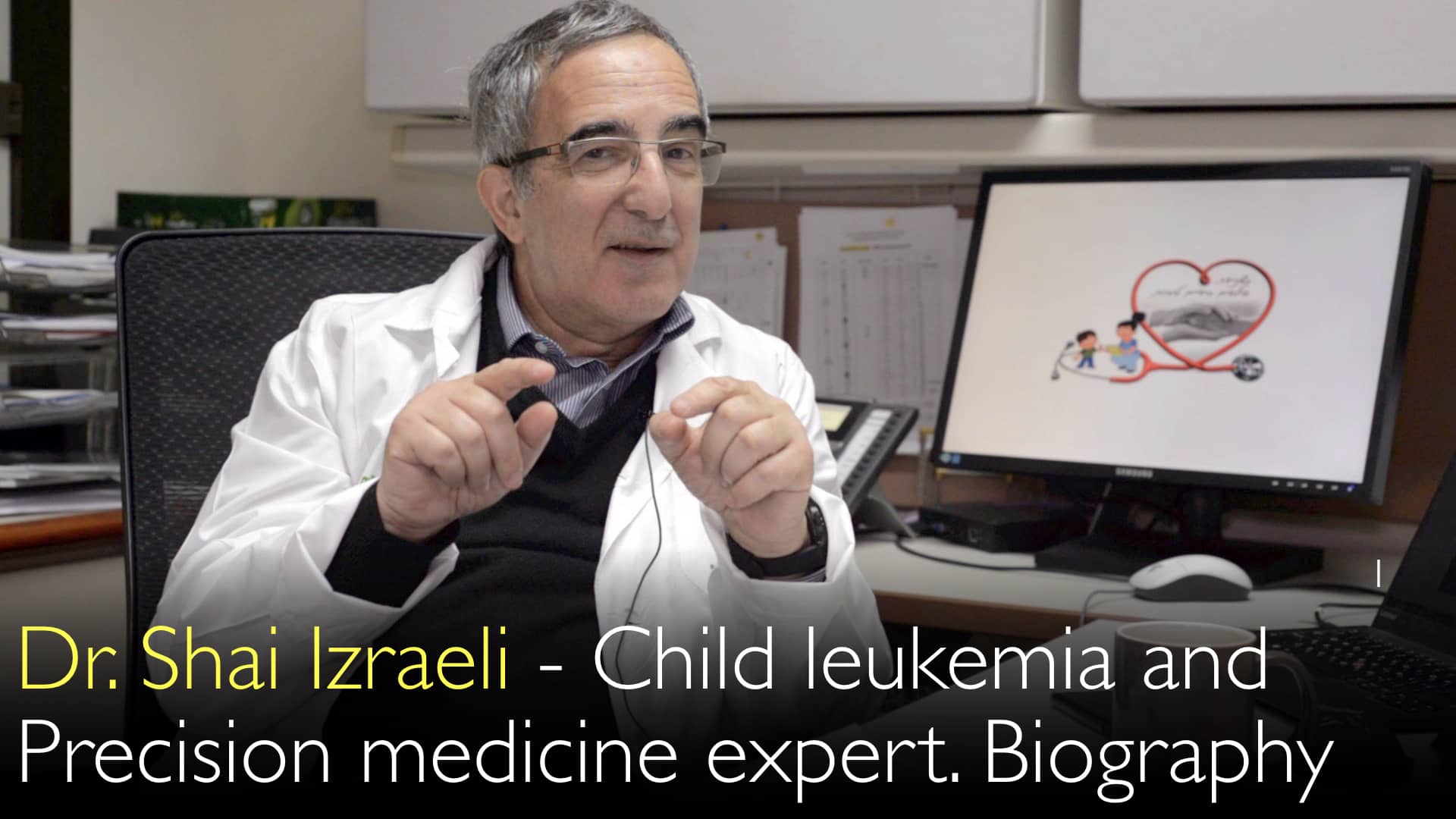Leading expert in pediatric oncology and leukemia, Dr. Shai Izraeli, MD, explains the critical need for global access to modern cancer treatments for children, highlighting collaborative international efforts to train physicians and expand care into developing nations where the majority of childhood cancers occur.
Improving Global Access to Advanced Pediatric Cancer Treatment
Jump To Section
- The Global Oncology Challenge in Pediatric Cancer
- International Patient Care and Physician Training
- Building Cancer Treatment Collaborations in the Developing World
- Key Global Child Cancer Treatment Programs
- The Moral Imperative for Universal Cancer Treatment Access
- Transcending Borders: Disease and Medical Knowledge
The Global Oncology Challenge in Pediatric Cancer
Global oncology addresses the stark disparity in cancer care availability between affluent and developing nations. Dr. Shai Izraeli, MD, emphasizes that while advanced centers can cure up to 90% of certain childhood leukemias, this success is not the global reality. The majority of the world's children lack access to these life-saving cancer therapies, creating a significant healthcare inequity that the medical community is striving to solve.
International Patient Care and Physician Training
Centers of excellence often serve an international patient population. Dr. Shai Izraeli, MD, notes that his institution, Schneider Children's Medical Center, receives pediatric leukemia patients from Russia and Eastern Europe. A core component of improving global cancer outcomes is knowledge transfer. This involves training physicians from countries like China and establishing educational partnerships to build local expertise in pediatric oncology diagnosis and treatment.
Building Cancer Treatment Collaborations in the Developing World
Direct collaboration with institutions in the developing world is a proactive strategy to improve care. Dr. Shai Izraeli, MD, discusses upcoming visits to a cancer center near Kampala, Uganda, with the goal of forming strong collaborative programs. These partnerships are essential for building sustainable child cancer treatment infrastructure and ensuring that medical advances benefit children everywhere, not just in affluent societies.
Key Global Child Cancer Treatment Programs
Large-scale international programs are vital to this mission. Dr. Shai Izraeli, MD, highlights work with initiatives like Professor David Poplack's global oncology program. Furthermore, through his role on the executive board of the European Hematology Association, Dr. Izraeli is involved in a dedicated global child cancer treatment program. These coordinated efforts pool resources and expertise to maximize their impact on a worldwide scale.
The Moral Imperative for Universal Cancer Treatment Access
Dr. Izraeli frames the issue as a profound moral imperative for the medical community. He states, "We cannot treat only the lucky children." While no child is lucky to have cancer, access to modern therapy drastically changes outcomes. Dr. Shai Izraeli, MD, advocates for a world where advanced medical centers open their doors to more international patients and physicians, sharing knowledge and treatment opportunities broadly.
Transcending Borders: Disease and Medical Knowledge
Cancer itself recognizes no national borders, and neither should the medical knowledge to fight it. Dr. Izraeli concludes that the availability of modern treatment must transcend country borders. This vision, though difficult to achieve, is the central goal of the global oncology movement. As Dr. Anton Titov, MD, summarizes, this work is crucial for the future of pediatric cancer care worldwide.
Full Transcript
Dr. Anton Titov, MD: Is there any question that I should have asked but didn't ask? Is there any topic that you'd like to talk about? What do you feel to be important in your research, in your life and work?
Dr. Shai Izraeli, MD: We are talking about cancer treatment. I talked about many advances in cancer therapy. We discussed curing 90% of leukemia, et cetera. But we have to remember that the majority of children in the world are not so lucky. They don't have access to this advanced cancer therapy.
We at Schneider hospital here get many patients from around the world. For example, we receive children with leukemia from Russia or from Eastern Europe. We train physicians from China. We are going to form a strong collaboration with some institutions in India.
In three weeks from now I'll be visiting the cancer center near Kampala in Uganda. We hope to collaborate with other child cancer programs. We collaborate with international child cancer treatment programs like Professor David Poplack's program of global oncology.
I'm on the executive board of the European Hematology Association. We have also a global child cancer treatment program. I believe that we should invest more in curing child cancer for the children of the world.
We cannot treat only the lucky children. It is not lucky to have a child with cancer. It is very bad luck. But then it's better if you have access to therapies like in Schneider hospital.
I hope that we can open our doors both to children and physicians who treat children. We hope to open our doors to those who are not so lucky to be born in an affluent society like we are.
Clearly, the diseases have no borders. The medical knowledge and the availability of treatment should transcend country borders as well. Difficult as it is.
Dr. Anton Titov, MD: Exactly! Professor Izraeli, thank you very much for this very wonderful and detailed discussion. We look forward to hearing more about your cancer research and treatment advances. Of course, we will continue to follow your very important work. Thank you very much!
Dr. Shai Izraeli, MD: My pleasure!





